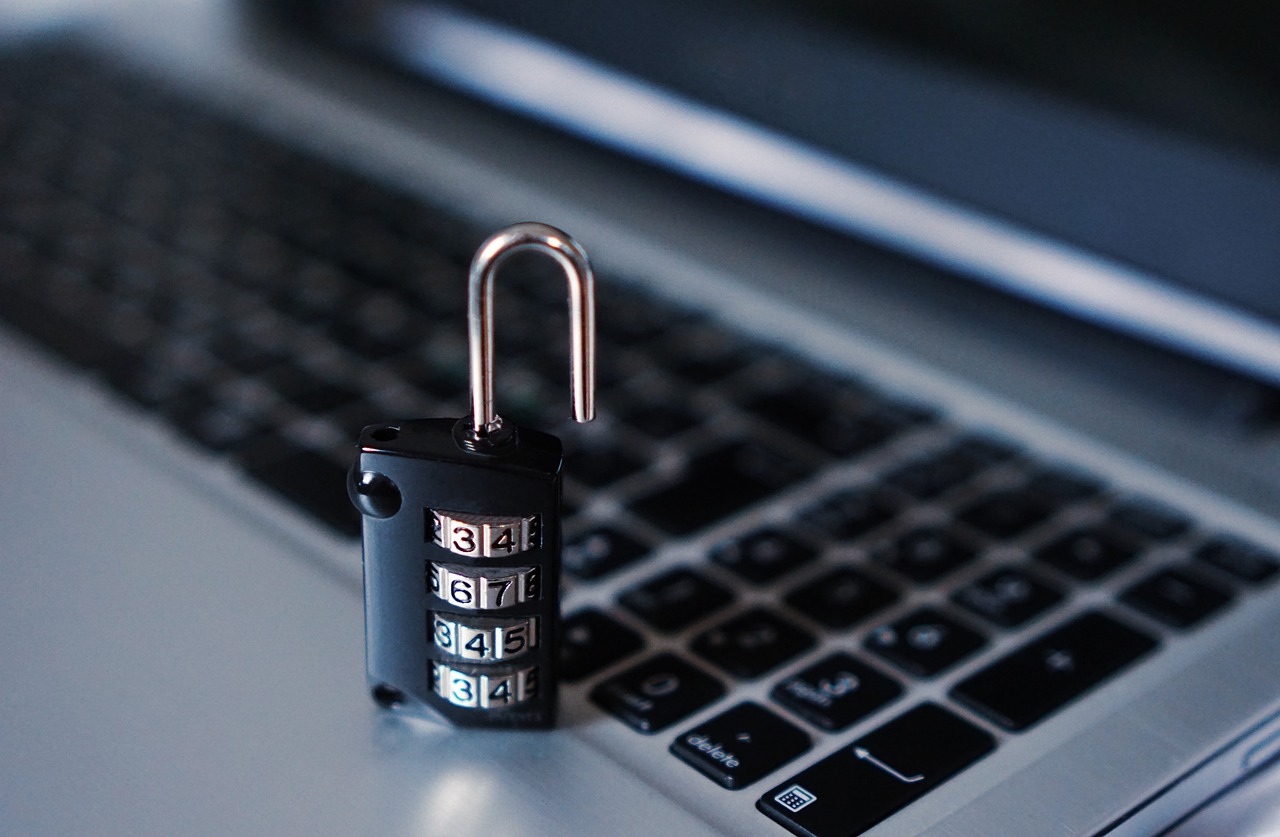Data security is of paramount importance for businesses across all industries, including cleaning companies. With the increasing reliance on technology and the collection of customer information, protecting sensitive data from cyber threats and breaches is essential for maintaining trust and credibility.
Importance of Data Security
Data security refers to the protection of digital data from unauthorized access, use, disclosure, alteration, or destruction. For cleaning companies, customer information such as contact details, service history, payment details, and preferences are valuable assets that must be safeguarded against security threats. A data breach or cyberattack can have severe consequences, including financial losses, damage to reputation, and legal liabilities. Therefore, implementing robust data security measures is essential for ensuring the confidentiality, integrity, and availability of customer information.
Risks and Threats
Cleaning company software stores a wealth of sensitive data, making it a prime target for cybercriminals and hackers. Common security risks and threats include:
- Unauthorized Access: Hackers may attempt to gain unauthorized access to cleaning company databases or systems to steal sensitive customer information.
- Data Breaches: Breaches can occur due to vulnerabilities in software or systems, allowing cybercriminals to access and exploit customer data.
- Malware and Ransomware: Malicious software such as malware and ransomware can infect cleaning company systems, encrypting data or stealing information for malicious purposes.
- Phishing Attacks: Phishing emails or messages may trick employees into divulging sensitive information or clicking on malicious links, compromising data security.
Strategies for Protecting Customer Information
To mitigate the risks of data breaches and cyber threats, cleaning companies must implement robust data security measures. Some effective strategies include:
- Encryption: Encrypting sensitive data stored in cleaning company software helps protect it from unauthorized access. Encryption converts data into an unreadable format, which can only be decrypted with the appropriate encryption key.
- Access Controls: Implementing access controls ensures that only authorized employees have access to customer information. Role-based access controls restrict user permissions based on job roles and responsibilities, minimizing the risk of unauthorized access.
- Regular Software Updates: Keeping cleaning company software up-to-date with the latest security patches and updates helps address known vulnerabilities and weaknesses. Regular updates help protect against emerging threats and ensure that software remains secure and functional.
- Employee Training: Educating employees about data security best practices and raising awareness about potential threats can help prevent security incidents. Training programs should cover topics such as password security, phishing awareness, and safe internet browsing habits.
- Secure Authentication: Implementing strong authentication mechanisms, such as multi-factor authentication (MFA), adds an extra layer of security to cleaning company software. MFA requires users to provide multiple forms of identification, such as a password and a verification code sent to their mobile device, before accessing sensitive data.
- Data Backups: Regularly backing up customer information stored in cleaning company software helps ensure that data can be recovered in the event of a security incident or data loss. Backup copies should be stored securely and tested regularly to verify their integrity and reliability.
- Incident Response Plan: Developing an incident response plan outlines the steps to be taken in the event of a data breach or security incident. A well-defined plan helps cleaning companies respond quickly and effectively to mitigate the impact of security breaches and minimize disruption to operations.
- Compliance with Data Protection Regulations: Cleaning companies must also ensure compliance with data protection regulations and standards, such as the General Data Protection Regulation (GDPR) in the European Union or the Health Insurance Portability and Accountability Act (HIPAA) in the United States. These regulations govern the collection, storage, and processing of personal data and impose strict requirements for data security and privacy. By adhering to regulatory requirements, cleaning companies can protect customer information and avoid potential fines and penalties for non-compliance.
Conclusion
Ensuring data security is essential for protecting customer information in cleaning company software. By implementing robust security measures, such as encryption, access controls, and regular software updates, cleaning companies can safeguard sensitive data from cyber threats and breaches.
Additionally, compliance with data protection regulations helps maintain trust and credibility with customers while minimizing legal and financial risks. Prioritizing data security not only protects customer information but also strengthens the overall resilience and reputation of cleaning businesses in an increasingly digital world.

